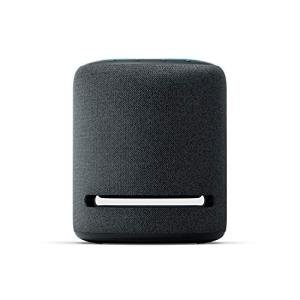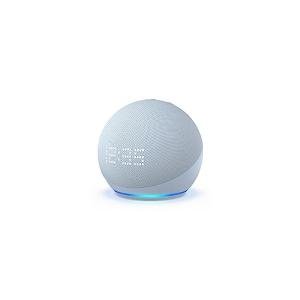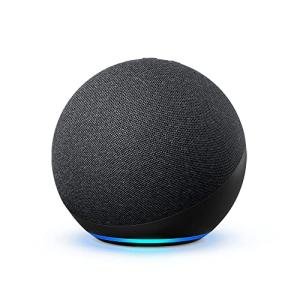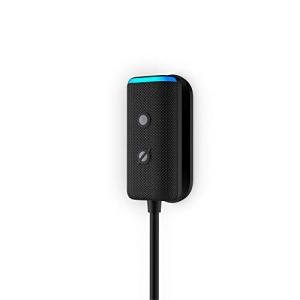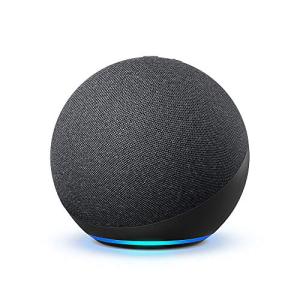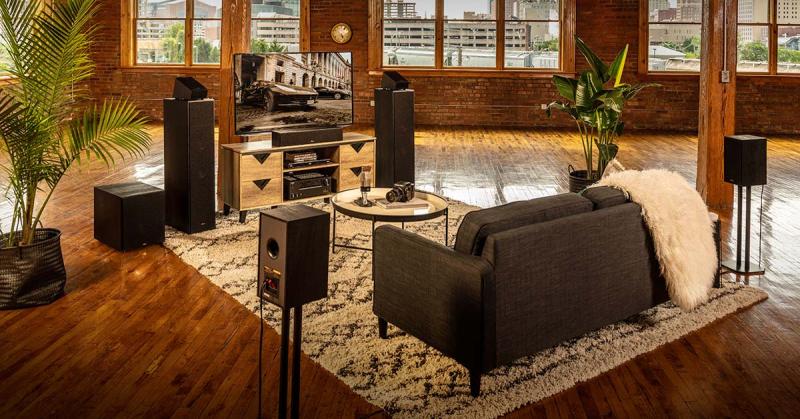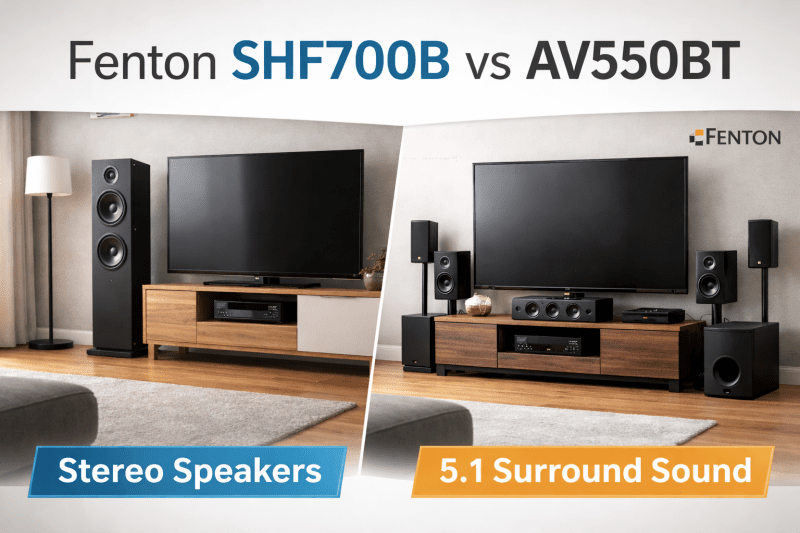The Evolution of Smart Speakers: From Basic Virtual Assistants to Sophisticated Home Hubs
Smart speakers, also known as virtual assistants or voice-activated speakers, are an increasingly popular technology that uses voice recognition software to interact with users. These devices have come a long way since their debut just a few years ago. Initially, they were limited to answering simple questions or playing music, but as their technology evolves, they are now capable of much more.
First Generation Smart Speakers: Basic Virtual Assistants
The first generation of smart speakers was simple virtual assistants capable of answering basic questions, such as “What time is it?” or “What’s the weather like today?”. The most popular examples of these are Amazon’s Echo Dot and Google’s Home Mini. They acted as a speaker, with Bluetooth connectivity, to play music from your smartphone or streaming platforms. They provided a foundation for the development of more sophisticated and smart assistants.
Second-Generation Smart Speakers: The Rise of AI-Powered Hubs
The second generation of smart speakers has revolutionized the way we interact with our homes. These devices are more powerful and have more advanced features, such as voice-controlled smart home automation. AI-powered devices like Amazon Echo and Google Home are capable of controlling and coordinating various smart-home devices. They can turn on and off lights, lock doors, and even order food delivery – all upon the command of the homeowner's voice.
The Future of Smart Speaker Technology: Sophistication and Integration
The next generation of smart speakers is set to integrate voice assistants with Artificial Intelligence (AI) and Machine Learning (ML) technologies. This integration will allow smart speakers to understand and recognize various dialects, accents, and languages more accurately. They are also set for sophisticated functionalities that will connect them to the internet of things(IoT). The future of smart speakers is not only in the devices themselves but also in their integration with various fields, ranging from healthcare and education to gaming and entertainment.
In conclusion, the evolution of smart speakers has been impressive. What started as a simple tool to answer basic questions has now become an integral part of our homes with the ability to execute various tasks and control different devices. Smart speakers are set to be even more intelligent and sophisticated in the years to come, and it is exciting to see what the future holds.
How Smart Speakers are Revolutionizing the Way We Live: Exploring the Benefits and Limitations
Smart speakers are becoming increasingly popular in households around the world as they offer a wide range of benefits. These devices have the ability to control other smart home devices, play music, provide weather updates, and even order food. However, despite their popularity, there are limitations to these devices that need to be carefully considered.
Benefits of Smart Speakers
- Convenience: Smart speakers offer hands-free operation, which means users can accomplish tasks such as setting alarms and reminders, playing music and audiobooks, and controlling other smart home devices without the need to physically interact with the device.
- Efficiency: By providing instantaneous information, smart speakers can increase productivity and save time for users. Users can ask for the weather forecast, get answers to general knowledge questions, or set up a grocery list with voice commands.
- Entertainment: Smart speakers offer a wide range of entertainment options such as playing music and podcasts, streaming movies and TV shows, and even playing games.
- Accessibility: For people with disabilities, smart speakers can be an invaluable tool that allows them to interact with technology without the need for physical dexterity. This can greatly improve the quality of life for these individuals.
Limitations of Smart Speakers
- Privacy: Smart speakers are always listening for the “wake word,” which means they are collecting and storing data on users. This has raised concerns about privacy and security.
- Accuracy: While smart speakers have come a long way in accuracy, there are still significant limitations. Voice recognition, for example, can be difficult for individuals with accents or speech impairments.
- Reliability: As with any technology, smart speakers can fail or malfunction. For some users, an unreliable device can cause significant frustration.
- Cost: Smart speakers can be expensive, especially when compared to traditional speakers. Users need to carefully consider if the benefits outweigh the cost.
Overall, smart speakers are revolutionizing the way we live by offering a wide range of benefits. However, it is important to carefully consider the limitations and potential risks associated with these devices before making a purchase.
Finding the Perfect Smart Speaker for You: A Comprehensive Guide on Features and Brands.
If you haven't already jumped on the smart speaker bandwagon, it's about time you consider it. These devices make your life easier by taking command of your music, home, and other tasks.
With so many brands flooding the market, it may be tough to pinpoint which one to buy. Here's a comprehensive guide to help you score the perfect smart speaker for you based on its features and brand.
Brand
When it comes to brands, you may have heard of Amazon, Google, and Apple. They are the three biggest rivals in the smart speaker market, and each has its unique advantages.
Amazon Echo
The Echo boasts a massive range of skills and features thanks to Amazon's vast database. It features a wide range of speakers that cater to various budgets and preferences, and its Alexa voice assistant is the most advanced of all voice assistants.
Google Home
The Google Home devices have Google Assistant, one of the most intelligent voice assistants in the market. It can manage your calendar, make calls, and search the internet, among other things. Google Home also integrates well with other Google services.
Apple HomePod
The HomePod offers the best sound quality, and it comes with a sleek design that matches with Apple products. The HomePod also integrates with Siri, Apple's voice assistant.
Features
When it comes to features, each smart speaker may have different options, so it is essential to ensure you purchase one with the features you'll use the most.
Sound Quality
If you're a music lover, you'll want smart speakers that offer high-quality sound output. The sound quality of the speaker depends on the size of the speakers and how many you have.
Voice Assistant
A voice assistant is an essential feature of a smart speaker, and most speakers come with voice assistants like Alexa, Google Assistant, and Siri. Choose a speaker whose voice assistant works best for you and provides the features you require.
Home Automation
A smart speaker can be a hub for your smart home, helping you switch on or off the lights, lock doors, and access other smart devices.
Connectivity
Most smart speakers use Bluetooth, Wi-Fi, or both to connect to your mobile devices or other smart home gadgets. Check the available connectivity options to ensure they match your devices.
In conclusion, a smart speaker can be a great investment, and it is essential to understand what kind of speaker is right for you. When shopping, consider price, brand, and features. Once you find the one that fits your tastes, get ready to have fun without ever lifting a finger.
Echo Studio Smart Speaker with Dolby Atmos - Charcoal
Experience immersive sound and intelligent voice control in one sleek design
Product information
£219.99
Product Review Score
4.65 out of 5 stars
124 reviewsProduct links

